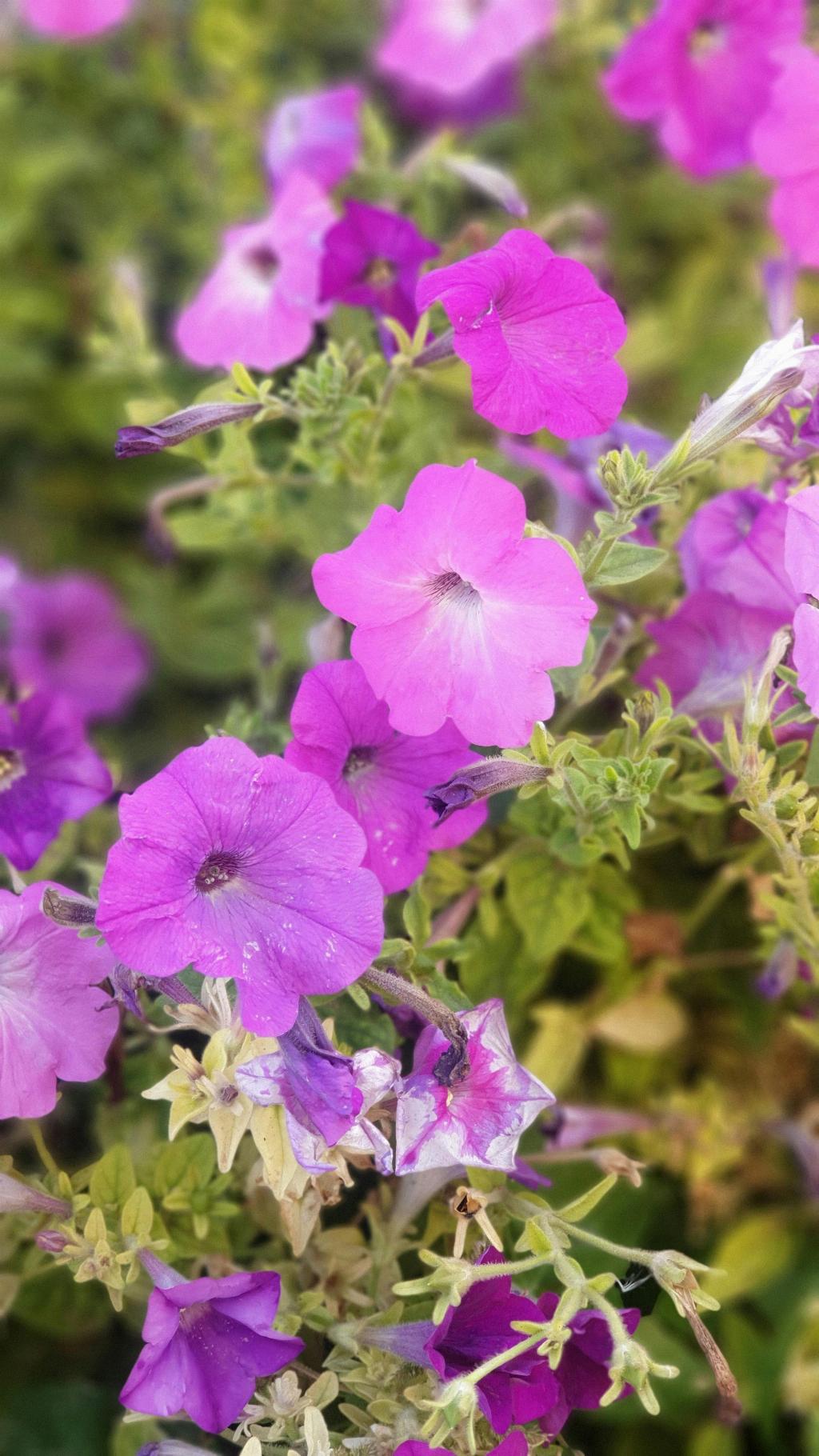Yes, petunias can absolutely be planted in the ground! Whether you are looking to add a pop of color to your garden beds or create a stunning display in your yard, petunias are a versatile and beautiful option to consider. With a few key factors to keep in mind, you can easily plant petunias in your garden and enjoy their vibrant blooms throughout the season.
One important consideration when planting petunias in the ground is the amount of sunlight they receive. Petunias thrive in full sun, so it is essential to choose a location that gets at least 6 to 8 hours of direct sunlight per day. This will help ensure that your petunias grow healthy and produce an abundance of colorful flowers.
In addition to sunlight, soil quality is another crucial factor to consider when planting petunias in the ground. It is recommended to select a location with well-drained soil that falls within the neutral to slightly acidic pH range, ideally between 6.0 to 7.0. This will provide an optimal growing environment for your petunias and help prevent issues such as root rot.
To create a visually stunning display with your petunias, consider planting them in closely spaced groups or drifts. This planting technique will help create a dense and lush look, making your garden beds or yard come alive with vibrant colors. Whether you opt for a single color or a mix of different petunia varieties, planting them in groups can truly elevate the overall aesthetic.
When it comes to planting petunias in the ground, proper spacing is key to allow for adequate airflow and prevent overcrowding. Make sure to space your petunia plants according to the specific variety you are planting, as some may require more room to spread out than others. Providing enough space between plants will also help reduce the risk of disease and ensure optimal growth.
Watering is another essential aspect to consider when planting petunias in the ground. While petunias do require regular watering to thrive, it is crucial not to overwater them, as this can lead to issues such as root rot. Keep an eye on the moisture level of the soil and water your petunias accordingly, ensuring that they receive adequate hydration without becoming waterlogged.
Adding a layer of mulch around your petunia plants can help retain moisture in the soil, regulate temperature, and suppress weed growth. Mulching also provides a finished look to your garden beds and helps create a clean and tidy appearance. Consider using organic mulch materials such as wood chips or bark to enhance the overall health of your petunias.
Regular deadheading of spent blooms is important to encourage continuous flowering in your petunias. By removing faded flowers promptly, you can prolong the blooming period of your plants and promote the growth of new blooms. Deadheading can also help maintain the appearance of your petunias and prevent them from looking unkempt.
Fertilizing your petunias is another crucial step in ensuring their health and vitality. Choose a balanced liquid fertilizer specifically formulated for flowering plants and apply it according to the manufacturer’s instructions. Feeding your petunias with the right nutrients will help promote strong growth, vibrant blooms, and overall plant vigor.
Pruning can help shape and control the growth of your petunias, especially if they start to become leggy or overgrown. Regularly trimming back long stems and removing any damaged or discolored foliage can help maintain the desired appearance of your petunias and encourage healthy growth. Pruning can also stimulate new growth and promote bushier, more compact plants.
Keep an eye out for common pests and diseases that may affect your petunias, such as aphids, slugs, or fungal infections. Inspecting your plants regularly for any signs of pest infestations or disease symptoms will allow you to take prompt action and prevent further damage. Consider using organic pest control methods or mild treatments to protect your petunias without harming beneficial insects.
Overall, planting petunias in the ground can be a rewarding and enjoyable experience, offering you the opportunity to create a stunning floral display in your outdoor space. By following these guidelines and caring for your petunias with dedication and attention, you can enjoy a season-long burst of color and beauty that will enhance your garden and bring joy to your surroundings.
So, if you are considering planting petunias in your garden beds or yard, go ahead and give it a try! With the right care and proper maintenance, your petunias are sure to thrive and brighten up your outdoor space with their cheerful blooms.

